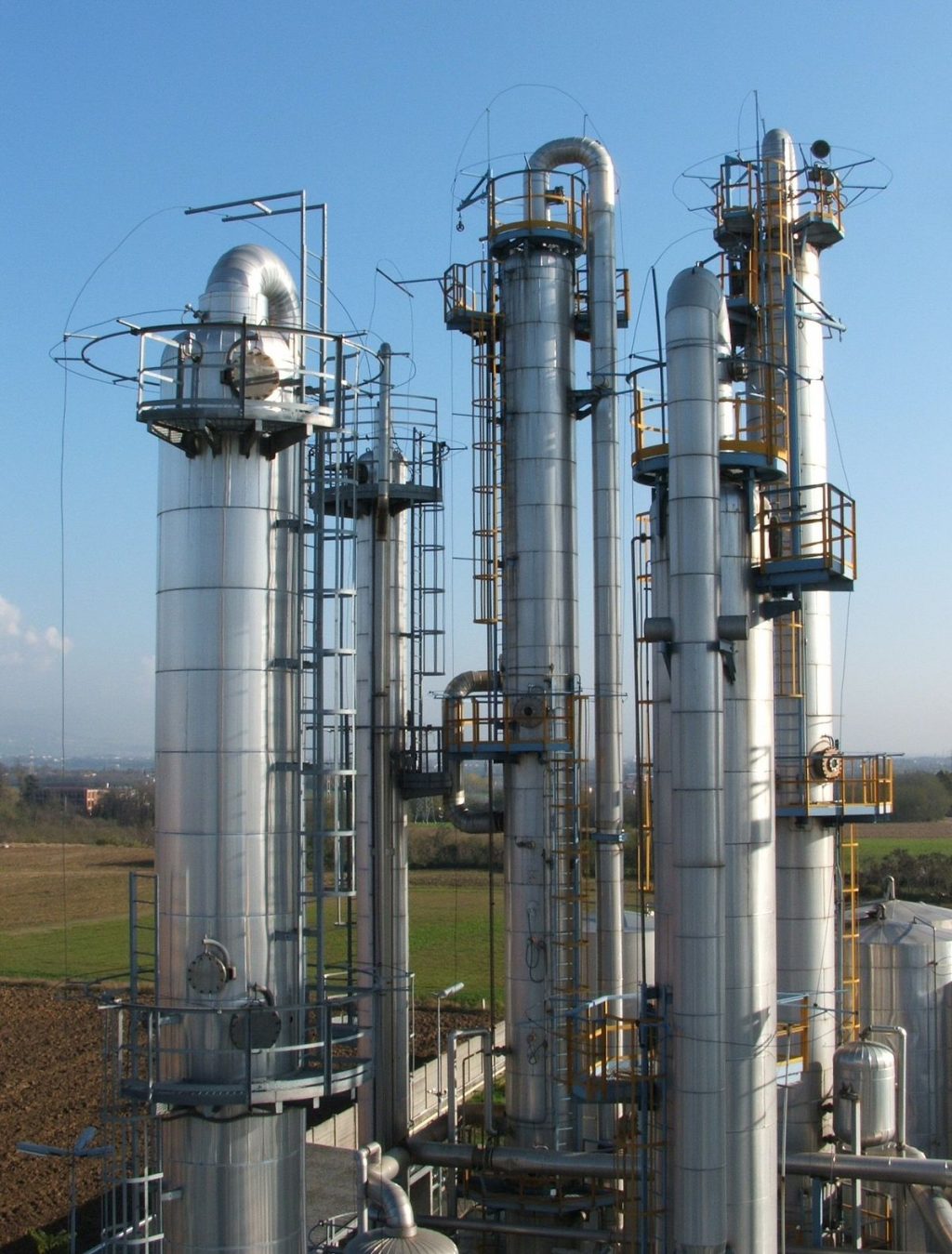Mastering Basic Lab Operations: A Comprehensive Guide
2 min read
Basic lab operations are the foundation of any laboratory. They are the set of procedures and protocols that ensure the smooth functioning of a laboratory. These operations are essential for maintaining the accuracy, reliability, and safety of laboratory work. In this article, we will discuss the key aspects of basic lab operations and how to master them.
- Safety protocols:
Safety is the top priority in any laboratory. Basic lab operations include a set of safety protocols that must be followed to ensure the safety of lab personnel and the environment. These protocols include wearing personal protective equipment (PPE), handling hazardous materials, and disposing of waste properly. - Equipment maintenance:
Lab equipment is expensive and delicate. Basic lab operations include regular maintenance of lab equipment to ensure its proper functioning. This includes cleaning, calibration, and routine checks for wear and tear. Proper maintenance of lab equipment ensures the accuracy and reliability of lab results. - Record keeping:
Record keeping is an essential part of basic lab operations. It involves documenting all lab activities, including experiments, results, and observations. Proper record keeping ensures that lab results are traceable, reproducible, and can be used for future research. - Quality control:
Quality control is a critical aspect of basic lab operations. It involves monitoring and controlling the quality of lab results. This includes using standard operating procedures (SOPs), conducting regular quality checks, and maintaining a quality control system. - Communication:
Effective communication is essential for the smooth functioning of a laboratory. Basic lab operations include clear communication between lab personnel, supervisors, and collaborators. This includes sharing information, discussing results, and reporting any issues or concerns.
Conclusion:
Mastering basic lab operations is essential for any laboratory. It ensures the accuracy, reliability, and safety of lab work. By following safety protocols, maintaining lab equipment, keeping accurate records, implementing quality control, and communicating effectively, lab personnel can ensure the success of their research.
